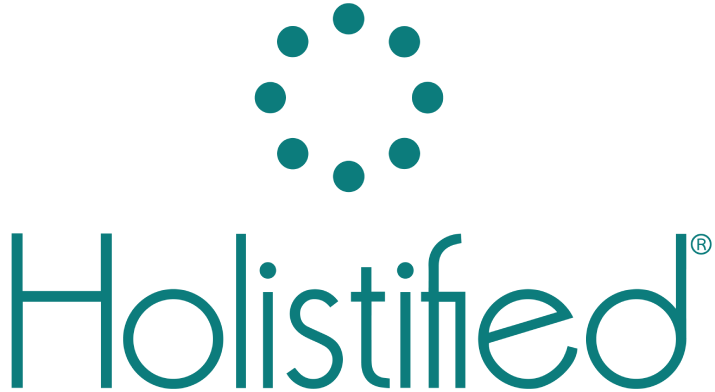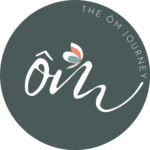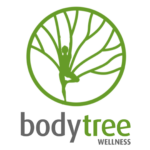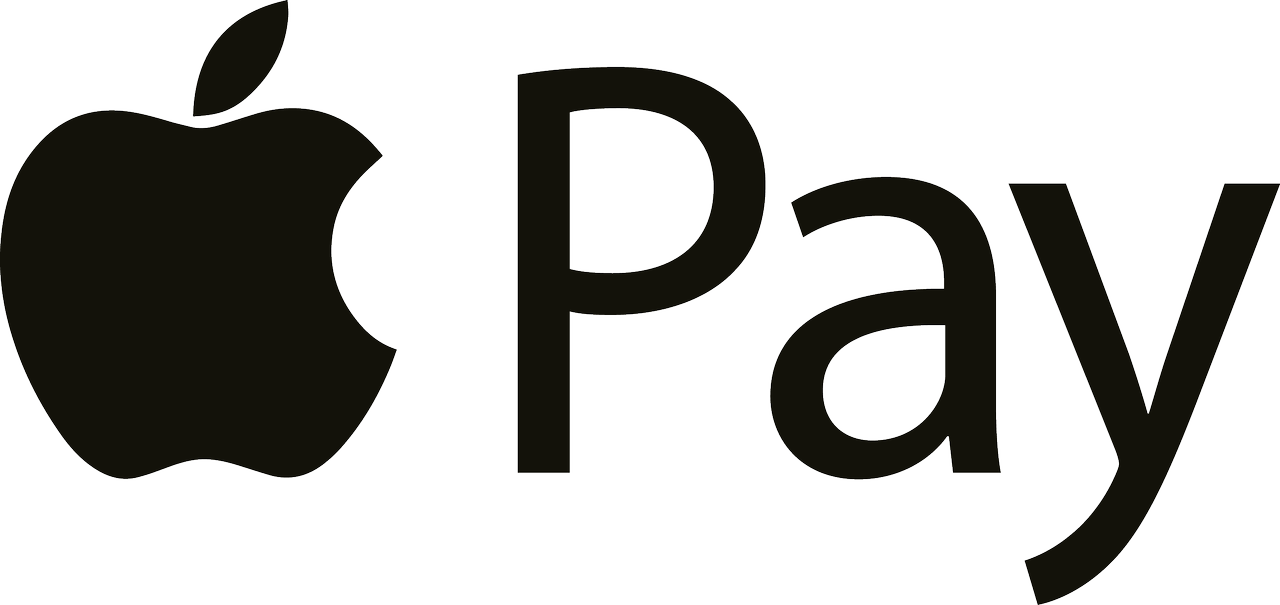
Relationship Workshop
Find the right Relationship Workshop for You
Our relationship workshop focuses on enhancing and improving various types of relationships, such as romantic partnerships, friendships, family relationships, and professional relationships. These workshops aim to provide participants with knowledge, skills, and tools to develop healthier, more fulfilling, and satisfying connections with others.
Topics Relevant to Relationship Workshop
Relationship workshops typically cover a range of topics that are relevant to building and maintaining successful relationships. Some common areas addressed in relationship workshops include:
- Communication skills: Effective communication is a cornerstone of any healthy relationship. Workshops often focus on improving communication skills, including active listening, expressing emotions and needs, conflict resolution, and assertiveness.
- Building trust and intimacy: Trust and intimacy are vital components of strong relationships. Workshops may explore strategies for building and maintaining trust, enhancing emotional intimacy, and deepening connections with others.
- Conflict resolution and problem-solving: All relationships encounter conflicts and challenges. Workshops provide participants with techniques and tools for resolving conflicts in a constructive manner, understanding different perspectives, and finding win-win solutions.
- Emotional intelligence: Emotional intelligence is the ability to recognize and manage emotions in oneself and others. Workshops may address the importance of emotional intelligence in relationships and provide strategies for developing emotional awareness, empathy, and emotional regulation.
- Boundaries and self-care: Workshops recognize the significance of personal boundaries and self-care in relationships. Participants learn about setting healthy boundaries, respecting others’ boundaries, and prioritizing self-care to maintain balance and well-being in relationships.
- Relationship dynamics and patterns: Workshops may explore common relationship patterns and dynamics, such as codependency, power imbalances, or unhealthy patterns of communication. Participants gain insight into these dynamics and learn strategies for creating healthier relationship dynamics.
- Relationship maintenance and growth: Relationships require ongoing effort and investment. Workshops provide guidance on nurturing and maintaining relationships, fostering growth and personal development within the partnership, and adapting to changes over time.
- Cultural and diversity awareness: In an increasingly diverse world, workshops may address cultural sensitivity, respect for diversity, and understanding the influence of cultural backgrounds and values on relationships.
Benefits of Attending Relationship Workshops
It’s important to note that relationship workshops are not a substitute for therapy or professional counseling in cases where deeper issues or conflicts require specialized intervention.
However, they can be a valuable complement to therapy or serve as a preventive measure to maintain healthy relationships and enhance personal growth.
The benefits of attending relationship workshops include:
- Improved communication: Participants develop effective communication skills, enabling them to express their needs, listen actively, and engage in meaningful dialogue with their partner or others in their lives.
- Enhanced conflict resolution skills: Workshops provide participants with tools and strategies for resolving conflicts constructively, fostering healthier and more productive discussions when disagreements arise.
- Deeper connection and intimacy: Relationship workshops help individuals cultivate emotional intimacy, strengthen bonds, and build trust within their relationships.
- Increased self-awareness: Workshops promote self-reflection and self-awareness, allowing participants to gain a better understanding of their own emotions, needs, and patterns of behavior within relationships.
- Strengthened relationship skills: By learning and practicing relationship skills, participants develop the ability to create and maintain healthier and more satisfying relationships in various areas of their lives.
- Empathy and understanding: Workshops encourage participants to develop empathy and understanding for others, promoting more compassionate and fulfilling relationships.
- Insight into relationship patterns: Participants gain insight into common relationship dynamics and patterns, helping them identify and address unhealthy patterns that may be present in their own relationships.
- Supportive community: Relationship workshops provide a supportive and non-judgmental environment where individuals can connect with others who share similar experiences, challenges, and goals.
The format of relationship workshops can vary, ranging from one-time sessions to multi-day programs. Workshops may include presentations by relationship experts, interactive exercises, group discussions, role-playing, and practical activities to enhance learning and engagement.
FAQ:
Who facilitates your relationship workshops?
Our relationship workshops are facilitated by various relationship experts who assists couples in creating deeper connection with each other.
What is the aim of a relationship workshop?
The aim of our relationship workshop is to pave the road to a pleasant and happy relationship filled with greater passion and intimacy.
How long does a relationship workshop last?
The workshop usually takes one hour up to two hours.







